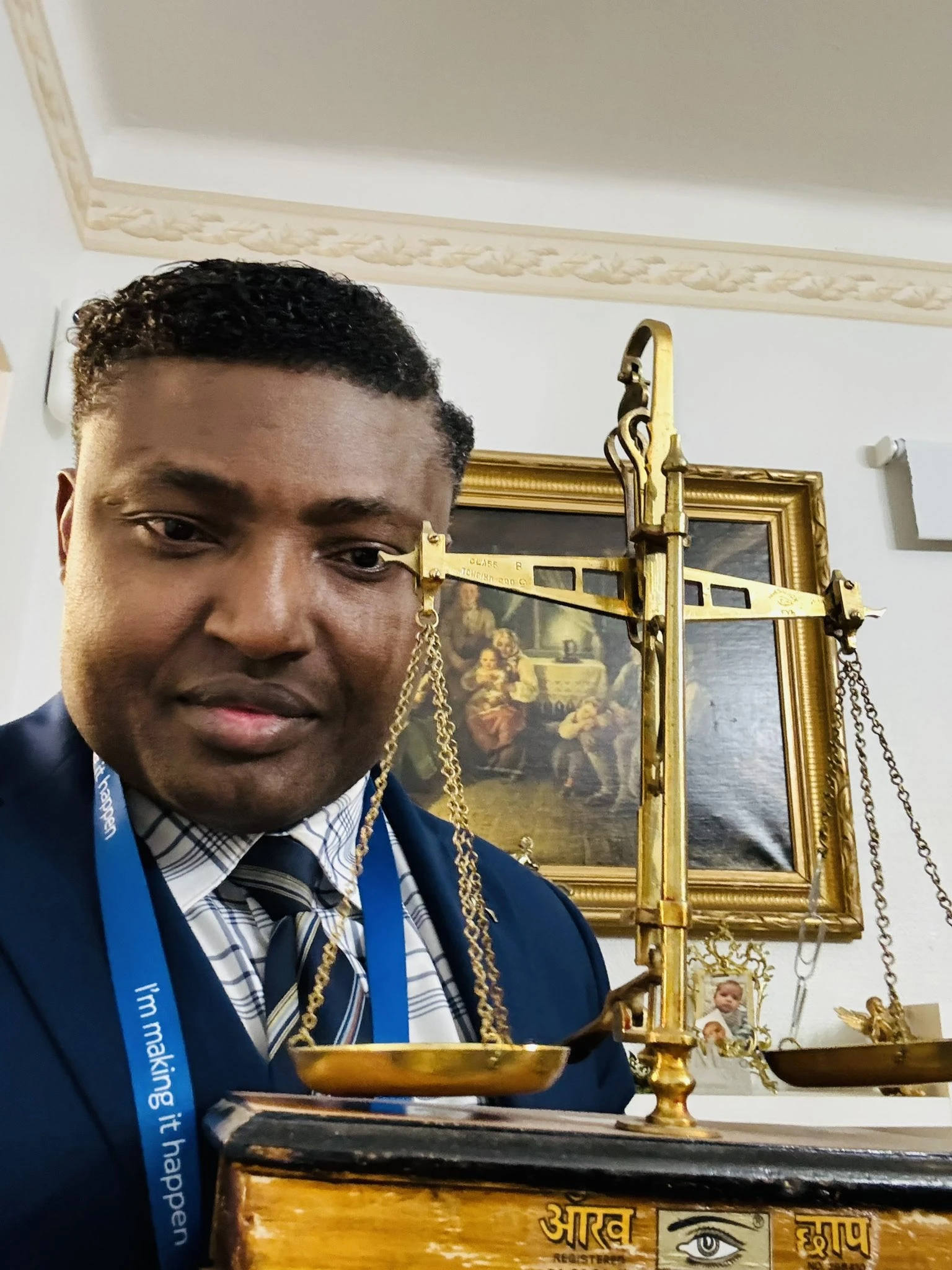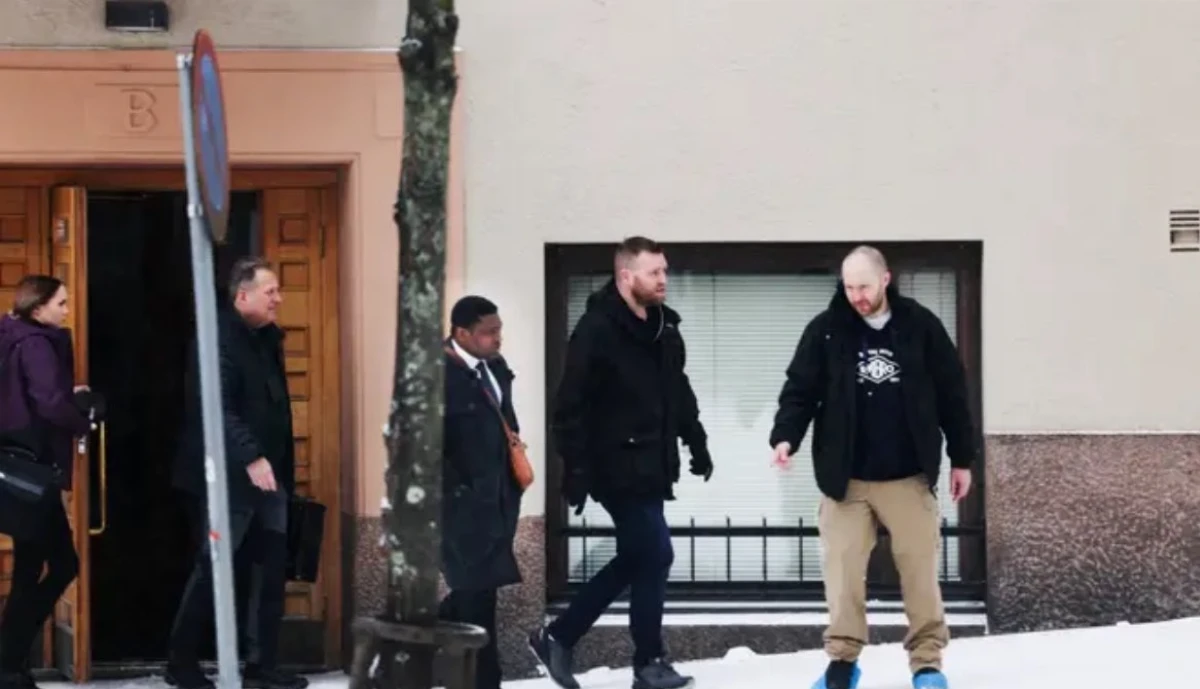Simon Ekpa arrested in Finland for alleged terrorism. Learn about the charges, public reactions, and implications for Nigeria's separatist movement.

Simon Ekpa, a Finnish-Nigerian separatist leader and self-proclaimed Prime Minister of the Biafra Republic Government In-Exile, was arrested in Finland on November 21, 2024. Alongside Ekpa, four other individuals were detained for alleged terror-related offenses, including financing terrorism. Ekpa’s arrest has sparked widespread reactions, given his controversial role in Nigeria's southeast violence.
Charges and Allegations

The Päijät-Häme District Court in Finland remanded Ekpa in custody on charges of public incitement to commit crimes with terrorist intent. Finnish authorities, in a statement, disclosed that the investigation focuses on Ekpa’s alleged use of social media to promote violence against civilians and authorities in southeastern Nigeria.
Crime Commissioner Otto Hiltunen stated:
“The man has carried out this activity, among other things, on his social media channels.”
Ekpa, born in the 1980s and a Finnish citizen of Nigerian descent, has been accused of spreading separatist propaganda and inciting violence. Authorities revealed that his rhetoric has likely contributed to the civil unrest in Nigeria.
Previous Controversies
Simon Ekpa is no stranger to controversy. He assumed leadership of the proscribed Indigenous People of Biafra (IPOB) after its leader, Nnamdi Kanu, was detained. In February 2023, Ekpa was briefly detained by Finnish authorities for questioning related to his activities but was later released.
His calls for a boycott of Nigeria’s 2023 general elections further fueled tensions. In 2021, he denounced his Nigerian identity and pledged to return medals won under the country’s flag at the African Junior Athletics Championships.
Public Reactions
The arrest has drawn mixed reactions. Some, like Nigerian politician Femi Fani-Kayode, hailed the development:
“The arrest and detention of one Simon Ekpa by the Finnish authorities for terrorism-related charges… is good news.”
Others, however, expressed skepticism, arguing that systemic issues within Nigeria contribute to the rise of separatist movements. A Twitter user, @scotneyego, commented:
“Another one bigger and deadlier separatist will still emerge if Nigeria does not fix itself.”
Final Thoughts
The arrest raises questions about the Nigerian government's handling of separatist movements. While some view Ekpa’s detention as a step toward justice, others warn that addressing the underlying socio-political issues is key to preventing further unrest.
As investigations continue, many hope this case will deter other agitators from inciting violence and pave the way for meaningful dialogue to address the grievances fueling separatist sentiments in Nigeria.
What are your thoughts on Simon Ekpa's arrest and its implications for Nigeria and the international community? Do you believe this will lead to meaningful change or escalate tensions further? Share your opinions in the comments below!

